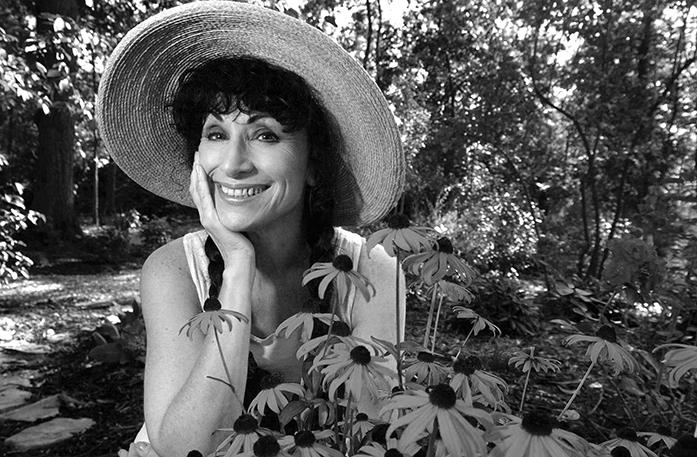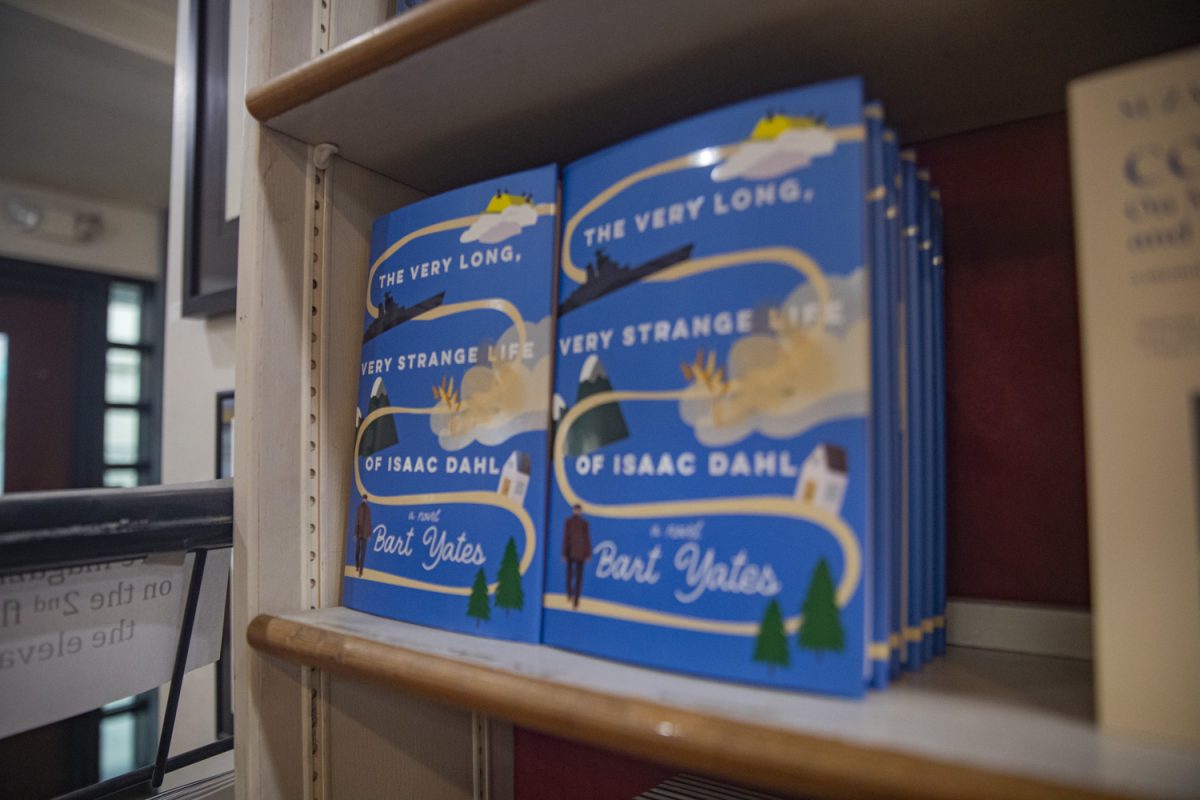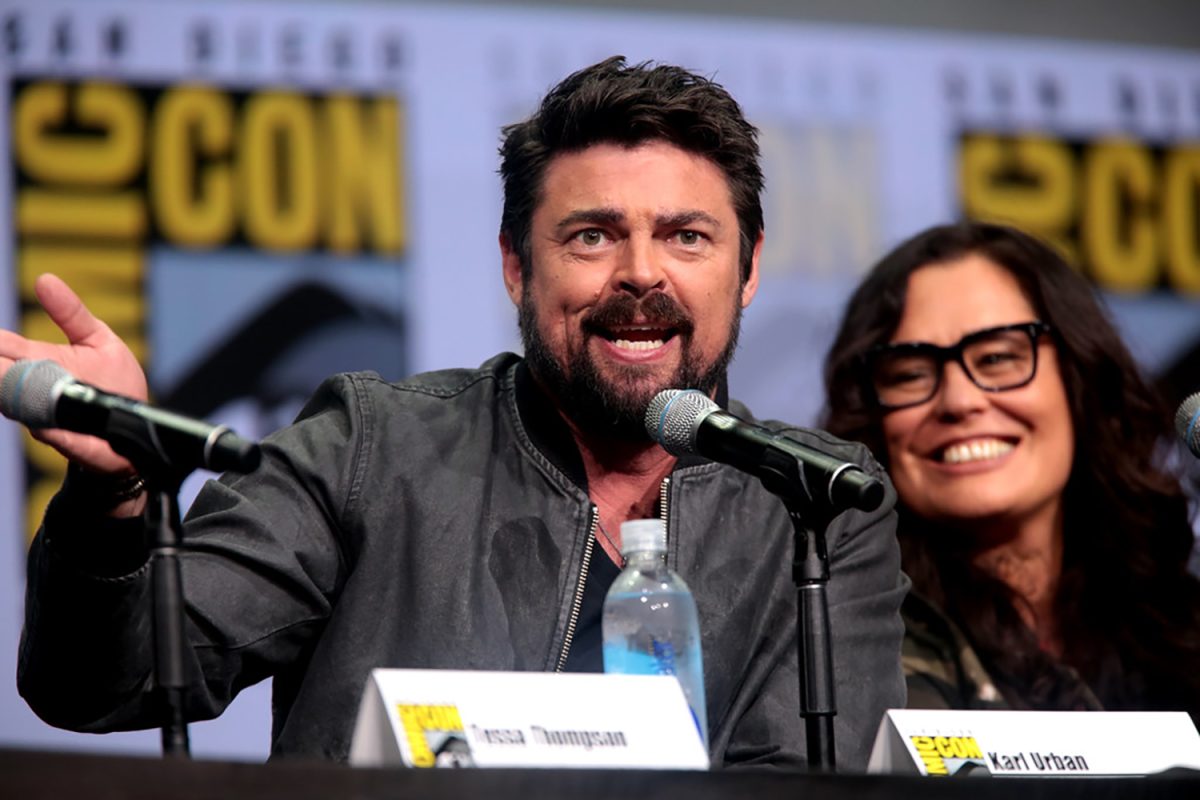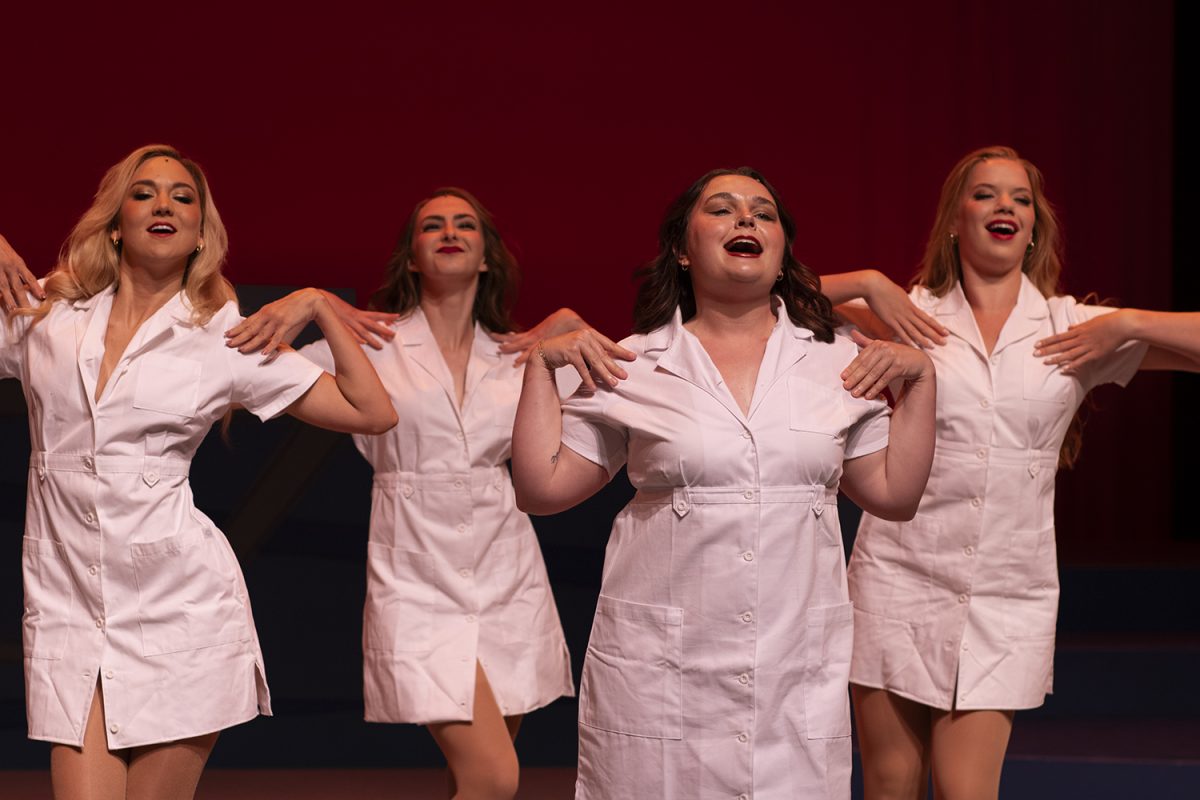By Hannah Crooks
When she unearthed the history of the heroic — but vastly unknown — couple Jan and Antonina Zabinski, author Diane Ackerman knew it was a story meant to be told.
The story inspired her nonfiction book The Zookeeper’s Wife, which skyrocketed as a New York Times bestseller in 2007 and has since been made into a feature film set to appear in theaters in March.
Ackerman is also recognized by the university as the Nonfiction Writing Program’s 2016-17 Ida Cordelia Beam Distinguished Visiting Professor. As part of her visit, she will teach a masterclass in nonfiction for program students and give a reading of some of her work, open to the public.
At the reading, Ackerman will pull material from The Zookeeper’s Wife, Dawn Light, The Moon by Whale Light, Cultivating Delight, and possibly something she has not yet published. The reading will take place at 8 p.m. in Van Allen Lecture Room 2.
The experience of writing The Zookeeper’s Wife involved copious amounts of research. The book describes the trials and sacrifices of the couple during World War II but is mainly centered on the wife, Antonina Zabinski. Her husband was the director of the Warsaw Zoo in Nazi-occupied Poland. The zoo, along with much of Warsaw, was destroyed by Nazis to prove their power. Zabinski kept a diary, which Ackerman had translated to English to help her tell their story.
The Zookeeper’s Wife focuses on the role Antonina Zabinski played in helping Jews escape from the malevolent Warsaw Ghetto and saving as many zoo animals as possible.
“She was adopting refugees that were fleeing from the Ghetto at the same time,” Ackerman said. “The more I learned about her sensibility and her love of animals and her incredible compassion and humanitarianism, the more I realized I just had to tell her story.”
The narrative managed to be completely different from Ackerman’s usual tales but still fit well with her naturalism.
“Everything I write is really about nature and human nature, and the crossroads where they meet and throw light on each other,” Ackerman said. “All of the Universe fascinates me in detail, and my favorite animals are humans.”
Most of Ackerman’s books have natural theme and are full of sensory details. Therefore, switching to a narrative form — and telling a story from a time in which she wasn’t even alive — presented somewhat of a challenge. Through copious amounts of research, however, she managed to find a way.
“I discovered that it was possible to find out what sounds the animals in the zoo made, what the smells were like, what plants were growing around, what the navigation patterns of birds over Warsaw in 1939 were like,” Ackerman said. “You can learn about a lot of these details if you research it carefully.”
Additionally, Ackerman said, the movie-making process has been overwhelmingly positive. “I was so impressed by all of them from the get-go,” she said. “This is very much a woman’s film. The two producers were women, the screenwriter was a woman, there’s a lead actress, the director is a woman. They broke records for the hiring of female crew members to make the film.”
Never having been a part of a film of this grandeur, Ackerman didn’t know what to expect.
“I had no way of imagining what kind of film they were going to make from it, except I knew that what interested them, as it did me, was Antonina’s special kind of heroism,” she said.
She points out that Antonina Zabinski exemplifies a quieter bravery.
“We think of heroes in a shoot-’em-up Rambo way, even women heroes,” Ackerman said. “But there are other forms of heroism. Hers were radical acts of compassion, not violence.”







